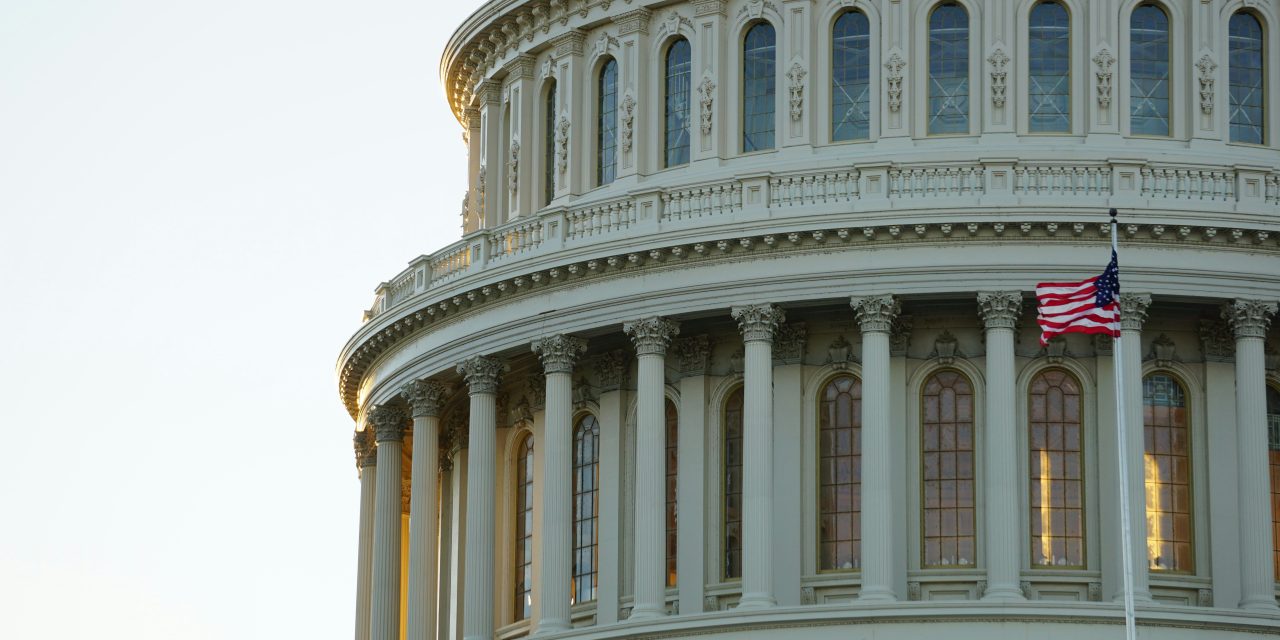After an unsuccessful 2023 attempt, Maryland Senator Ron Watson is preparing a new bill to legalize online poker and casino gaming in the state.
The Senator for District 23 has been a long-time advocate for online gambling and he’s once again leading the charge to bring this form of gaming to Maryland. His recent bill certainly created waves.
Here are some key takeaways from the proposed Bill and a look at the potential implications if it passes.
Uniting Land-Based Casinos with Online Operators
The Bill proposes that each of Maryland’s six land-based casinos be allowed to partner with two online gambling operators each. This could lead to up to 12 online gambling operators in the state.
Those wishing to apply would be subject to a $1 million license fee for a four-year term and state taxes. If past examples are anything to go by, Maryland’s coffers would get a significant boost from the profits generated by online gambling. The proposed tax rate is 46.5% on online casino gaming.
A new way for players aged 21+ to enjoy casino games and poker
The draft Bill makes it clear that only players within Maryland’s state lines who are 21 or over would be allowed to play online casino games and poker. That’s the same legal age as players in New Jersey, Nevada, and elsewhere.
The Bill would also allow cross-state gambling, meaning MD poker players could compete against players in other states. This would require a multi-state gambling pact to iron out the details, but the intention is there.
A boon for the burgeoning US online poker scene
Before the Unlawful Internet Gambling Enforcement Act in 2006, the US online poker industry was booming. The UIGEA regulations slammed the brakes on it, but it has been growing slowly again as several states have legalized online poker.
Maryland would join states including Nevada, New Jersey, Michigan, West Virginia, and Delaware in the Multi-State Internet Gaming Agreement (MSIGA). Maryland’s entry to the regulated market would be a significant step forward for both players and the industry as a whole.
Governor Wes Moore would be authorized to “enter into an agreement with other governments…that allows and provides for participation in multi-jurisdictional internet gaming by individuals who are physically located in jurisdictions over which the governments that are a party to the agreement exercise legal authority.”
Marylanders want online gambling legalized, and the revenue could be huge
A poll conducted by MD betting, showed that 75% of 1,000 Marylanders surveyed wanted to see online casino games and poker legalized.
MARYLAND: How do we feel about online gaming? A poll with MD Betting says 75% of Marylanders like the idea of bringing the casino to your cell phone. What are your thoughts? (full story tonight on @wjz )
— Kelsey Kushner (@KelseyKushnerTV) December 6, 2023
A study conducted by the Maryland Lottery and Gaming Control showed that online gaming could generate $533 million in the first year alone.
“Sports betting was huge. This is five times that. iGaming is the gorilla of gaming,” Sen. Watson said. The Senator noted how the tax revenues could go a long way to helping with Maryland’s projected $1.4 billion deficit by 2027.
Addressing concerns about problem gambling
In almost every opinion poll on online gambling in every state, problem gambling appears again and again. Citizens often express concern about the increased accessibility online gambling would bring to problem gamblers.
Addressing the issue, Senator Watson said that a lot of money has been put aside to help find and address these players, but it’s a challenge because they have to self-identify. He believes online gambling would help identify them as their patterns are easier to spot in online databases where everything is logged, whereas in brick-and-mortar casinos, it’s much harder to tell.
Will this line of reasoning be enough to assuage the critics and get Watson’s new Bill over the finish line? We’ll have to wait for the vote to find out.
Footnote:
- Courtesy to Gavin Lucas.








Recent Comments